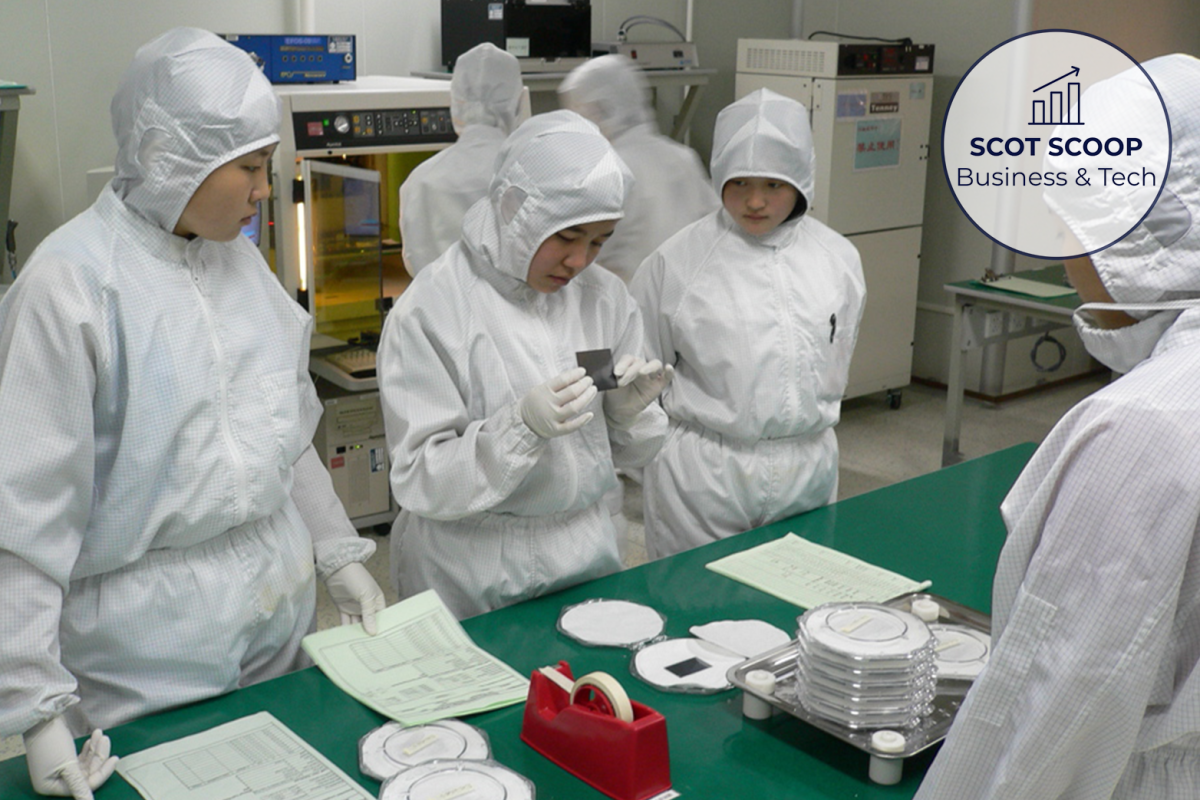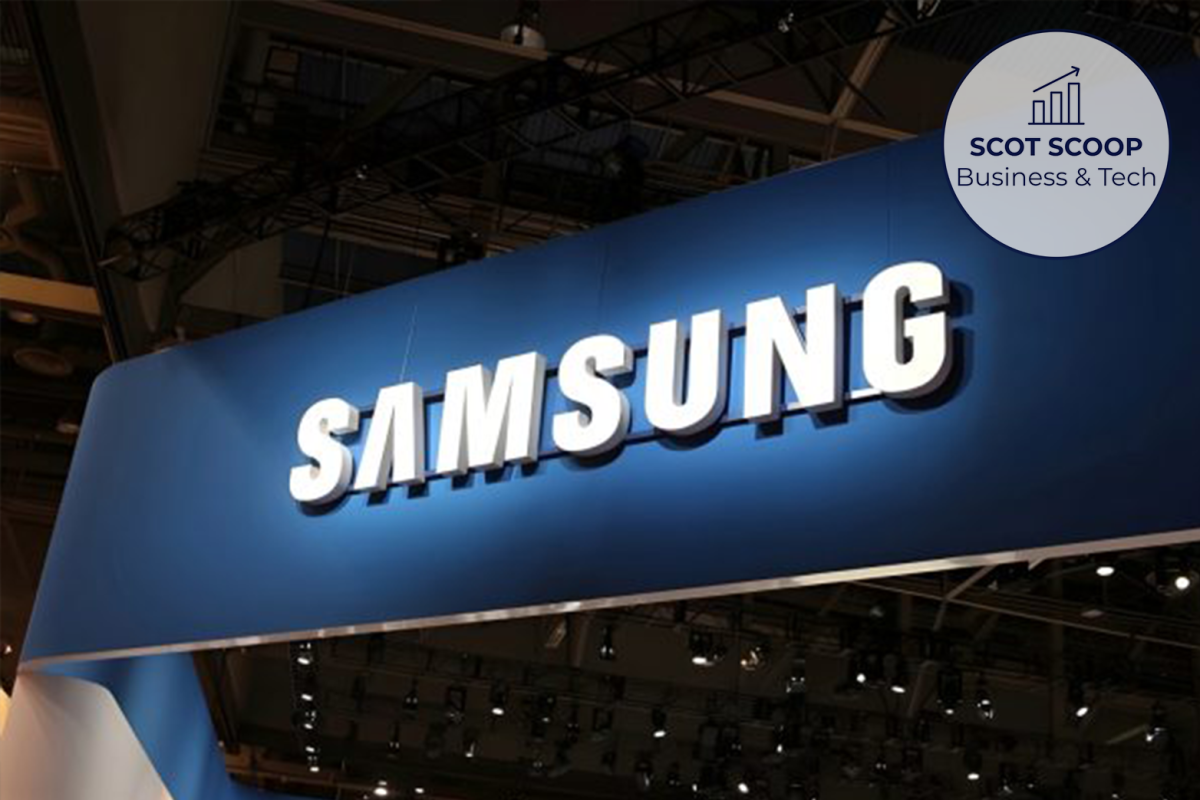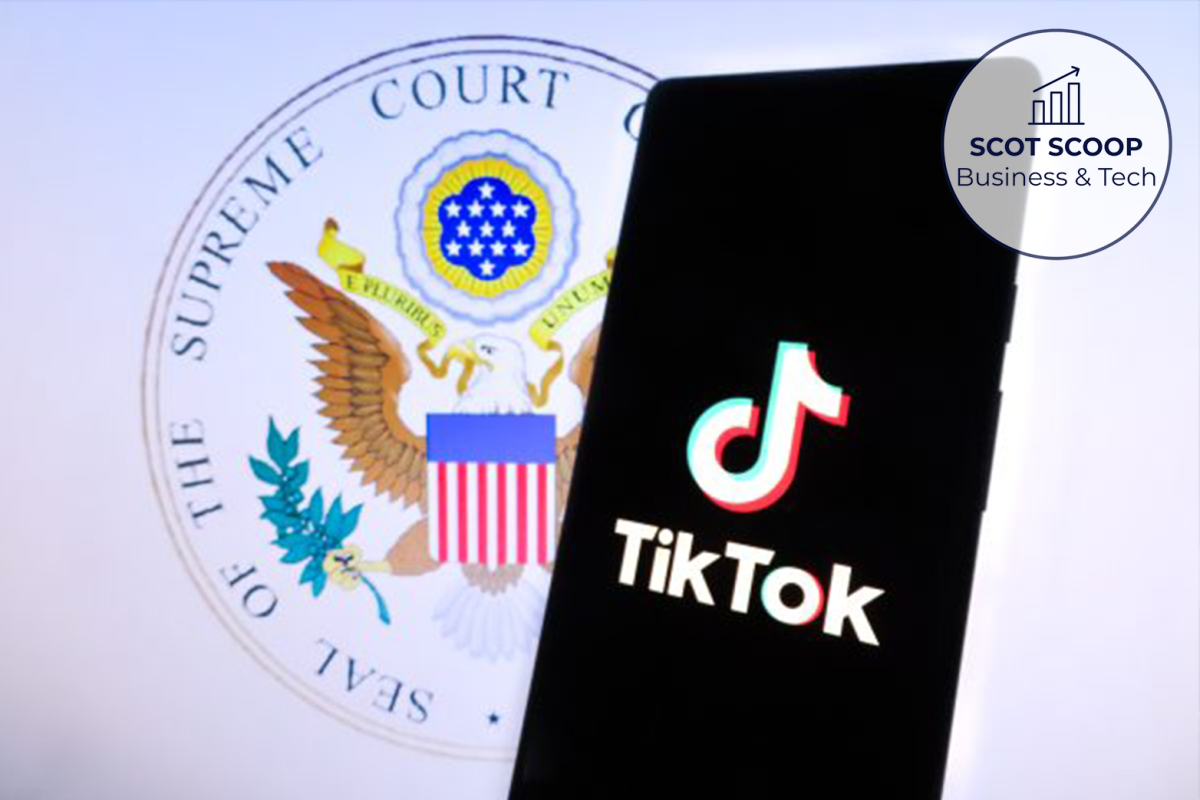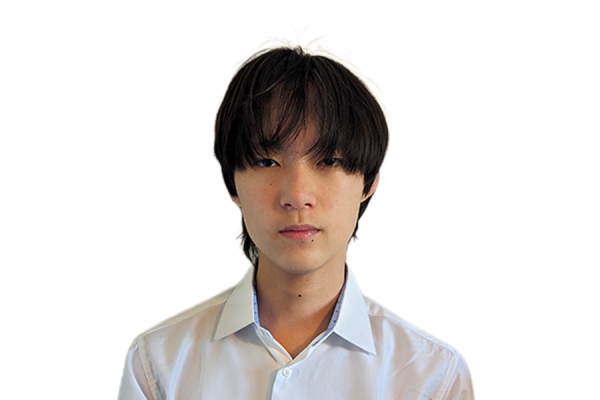China established a multibillion-dollar chip investment fund on May 24, the largest in the country’s history. The fund is worth 344 billion yuan or $47.5 billion and is the third part of the China Integrated Circuit Industry Investment Fund, or Big Fund.
The fund is a significant investment into China’s semiconductor industry, aiming to advance Chinese development in artificial intelligence, quantum computing, 5G wireless, and more.
Some experts say that the fund will focus on producing chips for AI.
“Because [Big Fund 3] is established in the middle of the AI boom, I believe they will put more effort and emphasis on advanced computing chips and memory chips for future AI,” said Winston Ma, adjunct professor at NYU School of Law.
The fund received funding from six of China’s largest state-owned banks and 13 other state-owned investors.
This comes as American sanctions against China ramp up, aiming to limit China’s access to advanced chips and chip-making equipment.
As America and its allies have limited Chinese access to their technology, China has responded with plans to become independent from the U.S. and develop domestic industry.
Chinese companies have also been struggling with capital, with the US limiting outbound investments into Chinese technology sectors through an executive order by the Biden administration in August.
Ma called the capital from the fund critical due to a lack of funding from outside the country.
“These companies are struggling with the global capital markets,” Ma said.
The fund indicates that state-owned lenders will foster innovation and industry, according to Zeng Shengjun, a senior researcher, in an article published by The People’s Daily, the official newspaper of the Communist Party of China.
The Big Fund has thus far been successful in fostering domestic industry, successfully developing giants such as memory chip producer Yangtze Memory Technologies.
Although China faces significant challenges in semiconductor development and still falls behind in the domestic industry, successes such as Huawei‘s Ascend 910B, a chip competitive with the Nvidia A100, challenge the efficacy of U.S. sanctions.












